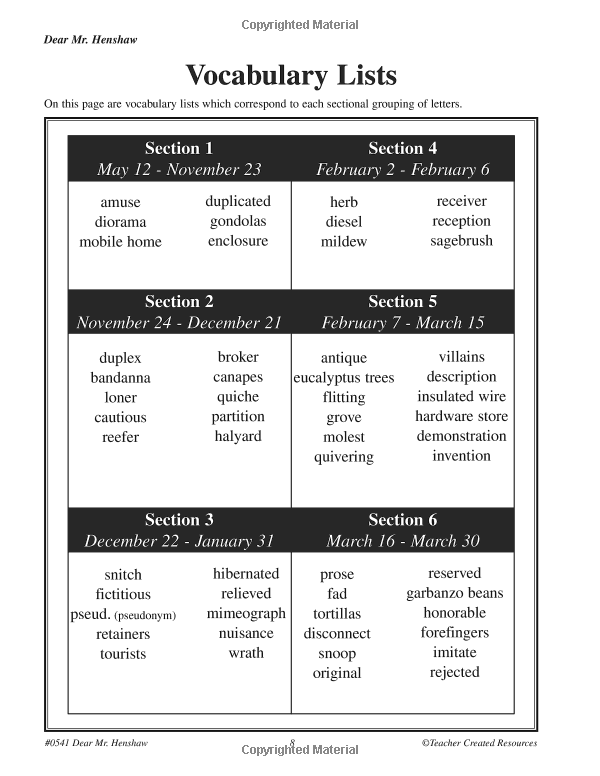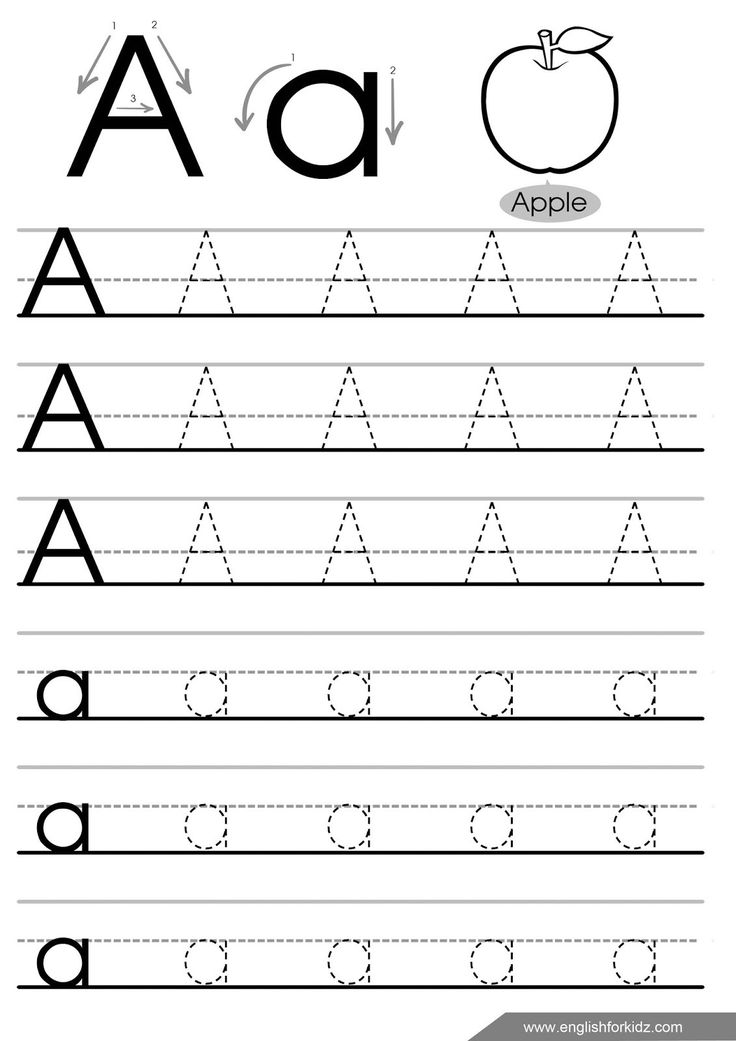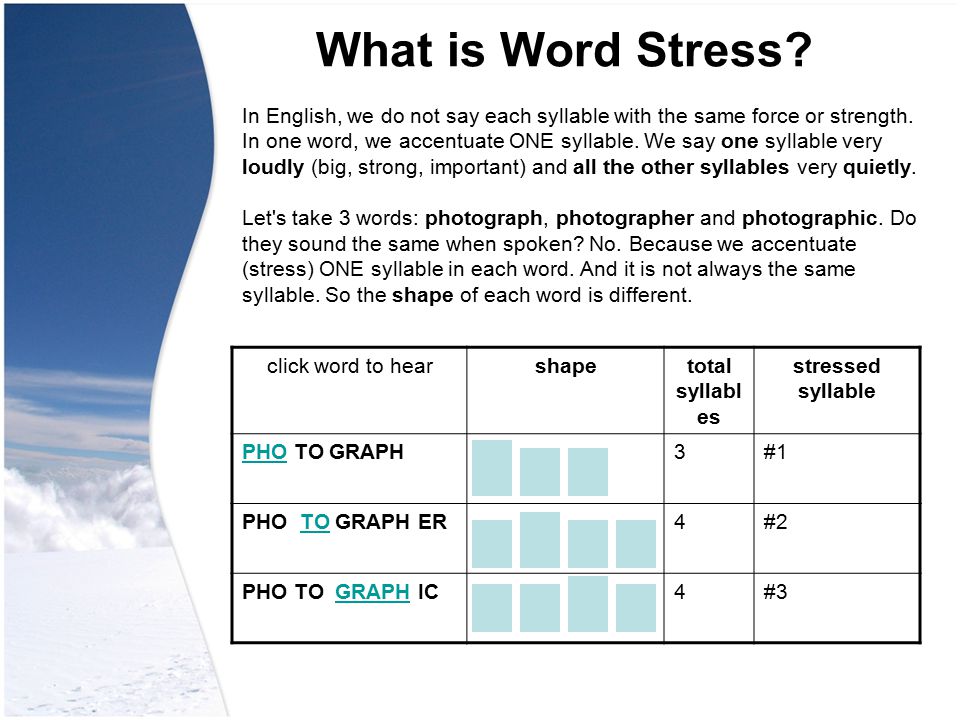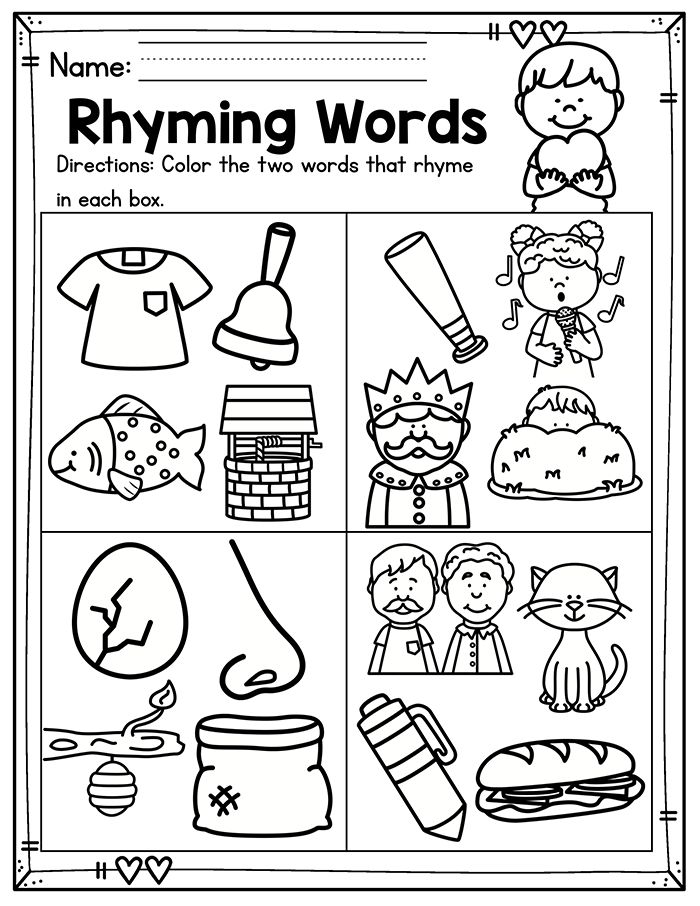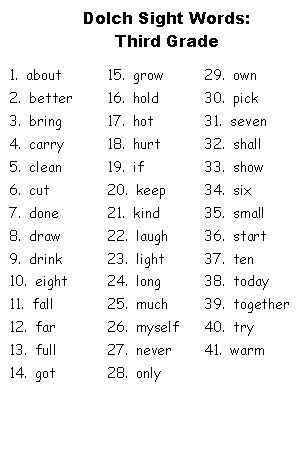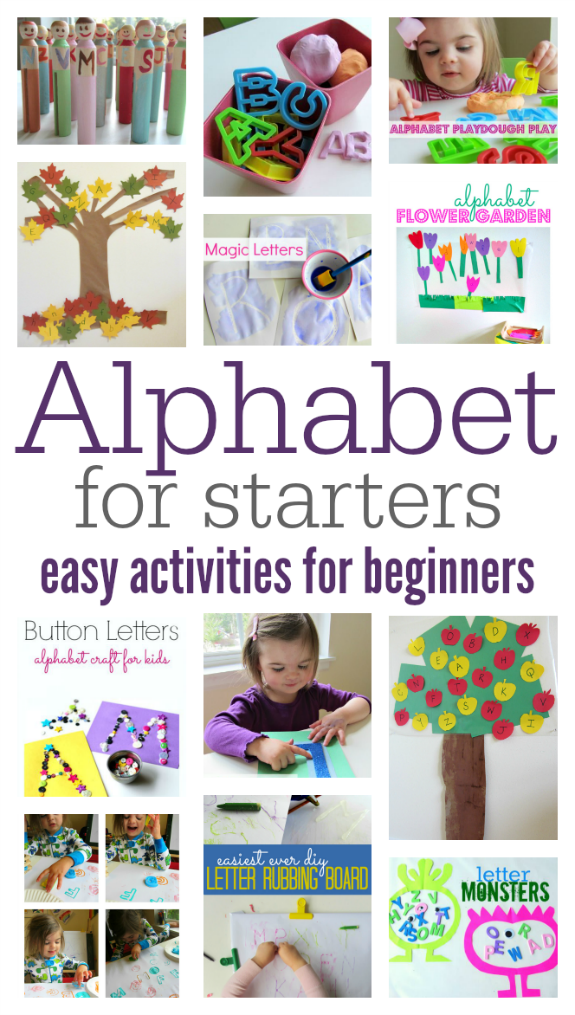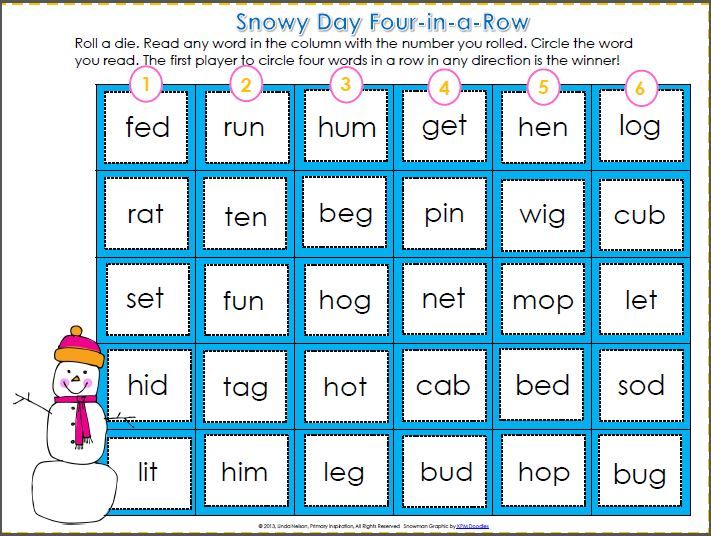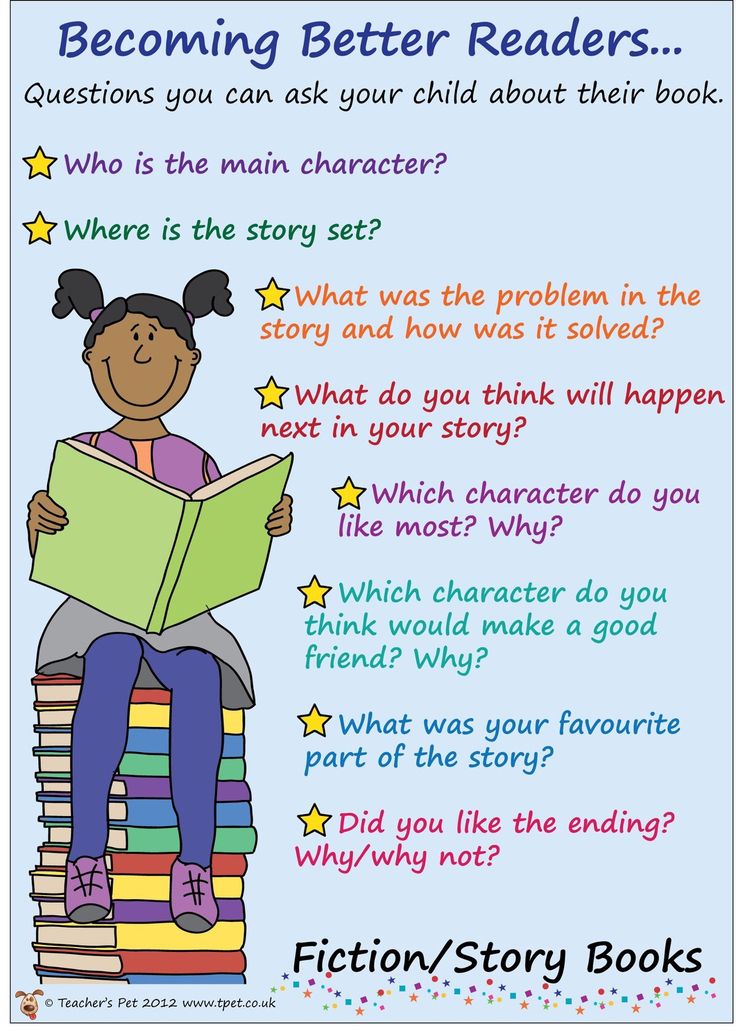Helping kids with writing
Helping Young Children Develop Strong Writing Skills
On this page
- Why is writing important?
- What Can You Do?
- Ideas for Parents: How to Help Your Child Become a Stronger Writer
Note: This article was adapted from two articles written by the U.S. Department of Education and was compiled by Colorín Colorado.
Writing is an important part of our daily lives. It is, however, a difficult skill to learn and master. By getting a head start with some simple activities, you can help your child begin to develop her writing skills at an early age. By doing so you will be contributing to her future success as a student and as an adult while teaching her how to express herself.
In this article, we provide some reasons that writing is an important skill for people of all ages, as well as a list of suggestions that will help your child become a stronger writer.
Why is writing important?
Writing is practical.
Every day, we need to write in order to complete our tasks, whether we are filling out a form at the doctor's office or writing an important letter. These tasks require us to write clearly, and organize information effectively.
Writing is an important element of a student's education.
Whether students are writing by hand or on the computer, many assignments and exams require students to write short answers or longer essays as a way of assessing what they have learned. As students get older, they will be expected to show more sophisticated writing skills, and to complete more sophisticated tasks through their writing. In addition, many colleges and universities require students to write essays as part of their admissions application.
Writing can be an important element of an employee's job.
Employees in many kinds of jobs are required to write on a daily basis. Perhaps they are taking phone messages and doing administrative work, or writing research reports and newspaper articles. Whatever the task, their ability to do their job well may depend on their ability to write. Many job applicants also must submit a resumé and a letter of application when applying to a new job.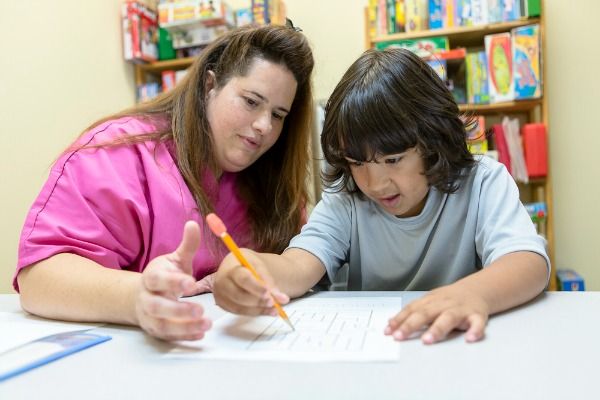
Writing is an important form of communication.
Writing letters and emails is a common way of keeping in touch with our friends, relatives, and professional colleagues. Writing is frequently the final stage in communication when we want to leave no room for doubt, which is why we write and sign contracts, leases, and treaties when we make important decisions.
Writing can be an important outlet.
Many people find writing to be therapeutic, and a helpful way to express feelings that cannot be expressed so easily by speaking.
What Can You Do?
It's important to remember that writing can be as difficult a subject to teach and assess as it is to learn. Many students have trouble writing with clarity, coherence, and organization, and this can discourage them from writing if they feel frustrated.
That's where parent involvement can make a big difference. Encouraging your child to develop strong writing skills at a young age, and to become a better writer as she gets older, can have a lifelong positive impact on her writing, and may make writing an easier and more enjoyable process for her
To get you started, the Department of Education offers a number of ideas of things you can do help your child become a stronger writer. While many of these ideas apply to younger children, they can be adapted for older children as well. To learn more about ways to support your children if they continue to struggle with writing in middle and high school, read Tips for Parents of Struggling Adolescent Writers.
While many of these ideas apply to younger children, they can be adapted for older children as well. To learn more about ways to support your children if they continue to struggle with writing in middle and high school, read Tips for Parents of Struggling Adolescent Writers.
Ideas for Parents: How to Help Your Child Become a Stronger Writer
What You Need
- Pencils, crayons, or markers
- Yarn or ribbon
- Writing paper or notebook
- Cardboard or heavy paper
- Construction paper
- Safety scissors
Before getting started
Provide a place
It's important for your child to have a good place to write, such as a desk or table with a smooth, flat surface. It's also crucial to have good lighting.
Provide the materials
Provide plenty of paper (lined and unlined) and things to write with, including pencils, pens, and crayons.
Brainstorm
Talk with your child as much as possible about her ideas and impressions, and encourage her to describe people and events to you.
Activities for young children
Encourage the child to draw and to discuss her drawings
Ask your child questions about her drawings such as:
"What is the boy doing?"
"Does the house look like ours?"
"Can you tell a story about this picture?"
Show an interest in, and ask questions about, the things your child says, draws, and may try to write.
Ask your child to tell you simple stories as you write them down
Copy the story as your child tells it, without making changes. Ask her to clarify anything you don't understand.
Encourage your child to write her name
Practice writing her name with her, and point out the letters in her name when you see them in other places (on signs, in stores, etc.). She may start by only writing the first few letters of her name, but soon the rest will follow.
Use games
There are numerous games and puzzles that help children with spelling while increasing their vocabulary. Some of these may include crossword puzzles, word games, anagrams, and cryptograms designed especially for children. Flash cards are fun to use too, and they're easy to make at home.
Some of these may include crossword puzzles, word games, anagrams, and cryptograms designed especially for children. Flash cards are fun to use too, and they're easy to make at home.
Turn your child's writing into books
Paste her drawings and writings on pieces of construction paper. For each book, make a cover out of heavier paper or cardboard, and add special art, a title, and her name as author. Punch holes in the pages and cover, and bind the book together with yarn or ribbon.
Day-to-Day Activities
Make sure your child sees you writing
She will learn about writing by watching you write. Talk with her about your writing so that she begins to understand why writing is important and the many ways it can be used.
Encourage your child to write, even if she's scribbling
Give your child opportunities to practice writing by helping her sign birthday cards, write stories, and make lists.
As your child gets older, write together
Have your child help you with the writing you do, including writing letters, shopping lists, and messages.
Suggest note-taking
Encourage your child to take notes on trips or outings, and to describe what she saw. This could include a description of nature walks, a boat ride, a car trip, or other events that lend themselves to note-taking.
Encourage copying
If your child likes a particular song, suggest that she learn the words by writing them down. Also encourage copying favorite poems or quotations from books and plays.
Encourage your child to read her stories out loud
As your child gets older, ask her to share her stories with you. Listen carefully without interrupting, and give her positive feedback about her ideas and her writing!
Hang a family message board in the kitchen
Offer to write notes there for your child. Be sure that she finds notes left there for her.
Be sure that she finds notes left there for her.
Help your child write letters and emails to relatives and friends
These may include thank you notes or just a special note to say hello. Be sure to send your child a letter or card once in awhile too so that she is reminded of how special it is to get a letter in the mail. Consider finding a pen pal for your child.
Encourage keeping a journal
This is excellent writing practice as well as a good outlet for venting feelings. Encourage your child to write about things that happen at home and school, about people she likes or dislikes and why, and about things she wants to remember and do. If she wants to share the journal with you, read the entries and discuss them together.
Things to remember
Allow time
Help your child spend time thinking about a writing project or exercise. Good writers often spend a lot of time thinking, preparing, and researching before starting to write.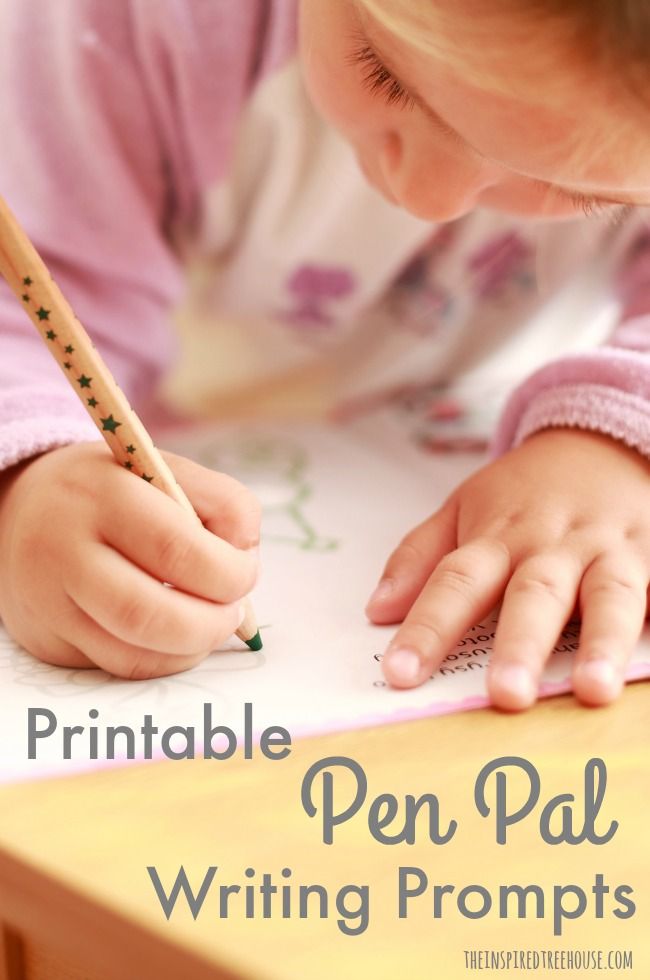 Your child may dawdle, sharpen a pencil, get papers ready, or look up the spelling of a word. Be patient — this may all be part of her preparation.
Your child may dawdle, sharpen a pencil, get papers ready, or look up the spelling of a word. Be patient — this may all be part of her preparation.
Respond to your child's writing
Respond to the ideas your child expresses verbally or in writing. Make it clear that you are interested in what the writing conveys, which means focusing on "what" the child has written rather than "how" it was written. It's usually wise to ignore minor errors, particularly at the stage when your child is just getting ideas together.
Praise your child's writing
Take a positive approach and find good things to say about your child's writing. Is it accurate? Descriptive? Original? Creative? Thoughtful? Interesting?
Avoid writing for your child
Don't write a paper for your child that will be turned in as her work, and don't rewrite your child's work. Meeting a writing deadline, taking responsibility for the finished product, and feeling ownership of it are also important parts of the writing process.
Help your child with her writing as she gets older
Ask your child questions that will help her clarify the details of her stories and assignments as they get longer, and help her organize her thoughts. Talk about the objective of what she is writing.
Provide your child with spelling help when she's ready for it
When your child is just learning how to read and write, she may try different ways to write and spell. Our job is to encourage our children's writing so they will enjoy putting their thoughts and ideas on paper. At first, your child may begin to write words the way that she hears them. For example, she might write "haf" instead of "have", "frn" instead of "friend", and "Frd" instead of "Fred." This actually is a positive step in developing her phonemic awareness. Keep practicing with her, and model the correct spelling of words when you write. As your child gets older and begins to ask more questions about letters and spelling, provide her with the help she needs.
Practice, practice, practice
Writing well takes lots of practice, so make sure your child doesn't get discouraged too easily. It's not easy! Give her plenty of opportunities to practice so that she has the opportunity to improve.
Read together
Reading and writing support each other. The more your child does of each, the better she will be at both. Reading can also stimulate your child to write about her own family or school life. If your child has a particular favorite story or author, ask her why she thinks that story or that person's writing is special.
As you read and write more with your child, you will be building an important foundation, and taking steps that will help your child to become a better reader, writer, and student. Your efforts now will make a difference — and it may be just the difference that your child needs to succeed!
References
U.S. Department of Education. Office of Educational Research and Improvement, Archived Information.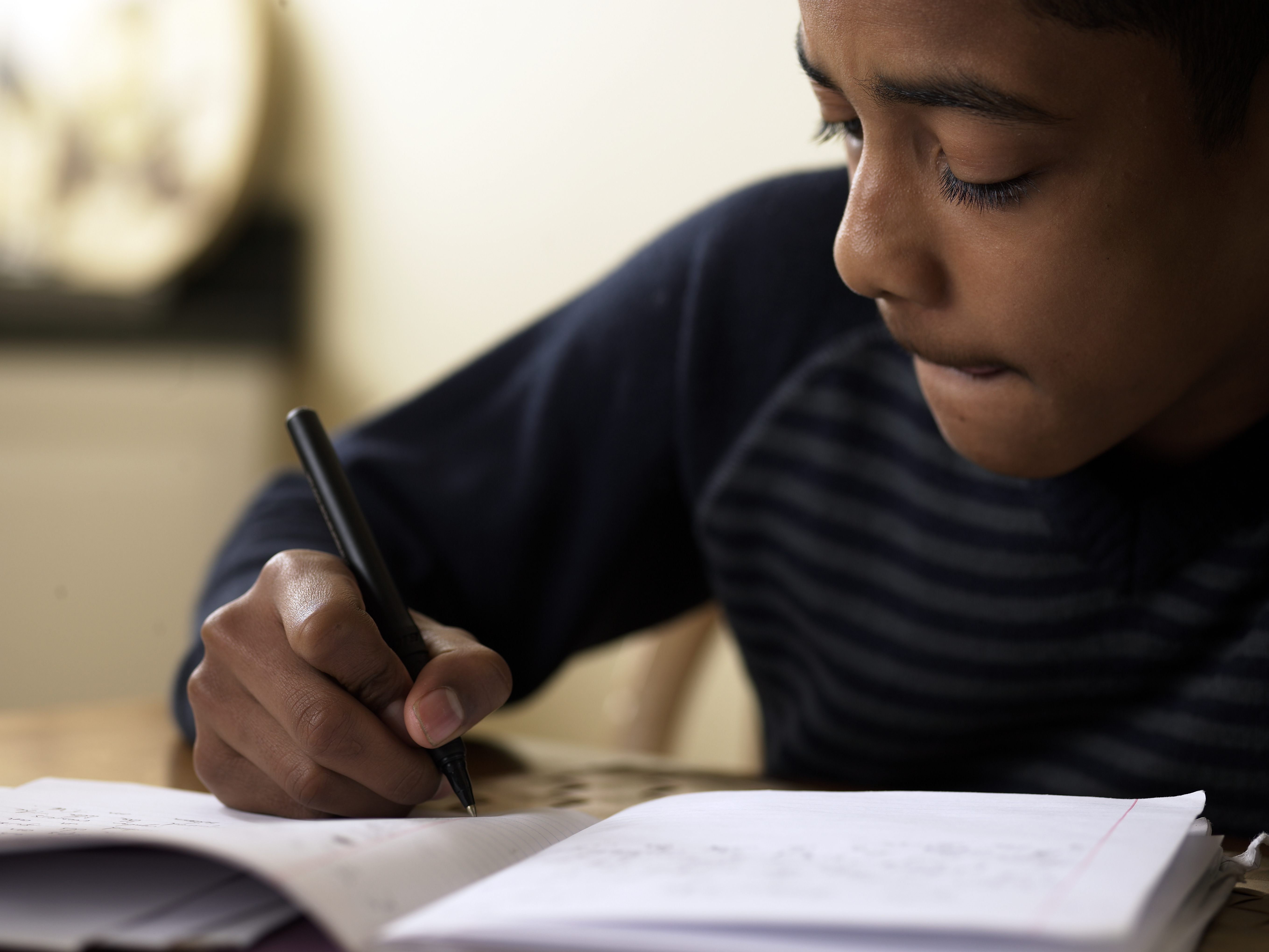 "Help Your Child Learn to Write Well." http://www.ed.gov/pubs/parents/Writing/index.html.
"Help Your Child Learn to Write Well." http://www.ed.gov/pubs/parents/Writing/index.html.
U.S. Department of Education. Parent Section: Helping Your Child Become a Reader. "Write On!" http://www.ed.gov/parents/academic/help/reader/part5.html#write.
Reprints
You are welcome to print copies or republish materials for non-commercial use as long as credit is given to Colorín Colorado and the author(s). For commercial use, please contact [email protected].
Major support provided by our founding partner, the American Federation of Teachers, AFL-CIO.
With generous support provided by the National Education Association.
ADVERTISEMENT
Most Popular
Language Objectives: The Key to Effective Content Area Instruction for English Learners
8 Strategies for Building Relationships with ELLs
Supporting ELLs in the Mainstream Classroom: 12 Strategies for Language Instruction
Using Cognates to Develop Comprehension in English
Tweets by @ColorinColorado
How To Improve Writing Skills For Kids: 14 Easy Tips
Writing — it’s an important form of communication and a key part of education.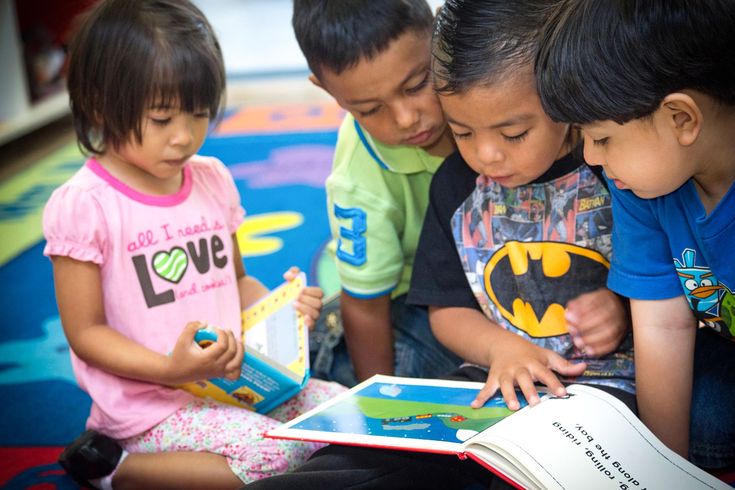 But in today’s technology-driven world, kids aren’t given many opportunities to practise and improve their ability to write. This leaves many parents wondering how to improve their child’s writing skills.
But in today’s technology-driven world, kids aren’t given many opportunities to practise and improve their ability to write. This leaves many parents wondering how to improve their child’s writing skills.
It takes time to develop strong writing skills, and it can be a tough task to accomplish. Thankfully, there are many things that parents can do at home to help improve children’s writing skills.
From fun activities to daily reading and writing sessions, these tips on how to improve kids’ writing skills will help your child build his or her skills in no time.
Improve your child’s communication skills with these simple and fun kids’ writing activities.
14 Activities To Improve Kids’ Writing Skills
-
Read Up
Regular reading is a stepping stone to better writing and helps kids’ strengthen their writing skills. It helps expand children’s vocabulary and shows them different ways of using words. This also makes it easier for them to use these words in their own writing.

With younger children, make sure you’re reading together every day and encouraging their love of reading as they grow. Start reading early—many children who devour books grow up to become strong writers themselves. Tweet This
-
Make it Fun!
Play games and activities that encourage writing. Crossword puzzles and word games are great for everyone. Little ones will especially like the “write the word” game: where they search for items and write down the word when they find each item.
-
Create Writing Worksheets
For young children just learning to write, try creating a worksheet where they can trace letters and words. Write out letters and words, place another piece of paper on top, and have your child trace onto the blank piece of paper. You can also create a connect-the-dots game by having your child trace along dotted lines and then tell you which letter or word she or he finds.
-
Try Different Materials
Switch it up by writing with something other than a pen or pencil.
 Sidewalk chalk on the driveway, finger painting, or a salt writing tray are all fun writing activities that will also help build kids’ writing skills.
Sidewalk chalk on the driveway, finger painting, or a salt writing tray are all fun writing activities that will also help build kids’ writing skills. -
Write Letters
Today, writing letters is a bit of a lost art. Encourage your child to write letters to friends or family members. Distant family members will especially love receiving handwritten letters and it’s a great way to work on improving writing skills for kids.
Pen-pals are also a fun idea, or you can even write letters to each other and leave them around the house to find!
-
Encourage Journalling
Keeping a journal is a great way to express thoughts and ideas while also working on improving children’s writing skills. Plan an outing to pick a fun journal with your child and encourage them to write in it as much as possible. Make it a part of his or her daily routine.
-
Create a Writing Space
Set aside a little corner in your house that is completely devoted to writing.
 Having an area dedicated solely to writing will help free your child from distractions so he or she can focus on practicing writing skills.
Having an area dedicated solely to writing will help free your child from distractions so he or she can focus on practicing writing skills. -
Invest Time
Make sure your child knows you’re available to help with spelling or proofreading whenever he or she needs it. When you make writing time a priority for you, it will make it easier for your child to improve his or her writing skills.
-
Connect Their Interests
Think about your son or daughter’s favourite book series. Or maybe he or she is obsessed with dinosaurs. Whatever his or her interests, connect them to writing. Have your child write a new short story about his or her favourite characters, or let him or her create a story all about dinosaurs.
-
Create Story Prompts
A fun way to improve kids’ creative writing skills is to have them write short stories.
Cut out pictures from a magazine with different characters or locations, or write down different words.
 Place these in a container or glue them to cards to use as writing prompts for creating a unique story. This also makes a fun activity for the whole family to join in.
Place these in a container or glue them to cards to use as writing prompts for creating a unique story. This also makes a fun activity for the whole family to join in. -
Model It
There’s no better way to learn something than to see someone else doing it. Let your children see you writing, often. When writing is a normal part of your daily life, it will come more naturally to them. Anything goes: a simple grocery list or letter to the teacher, holiday or thank you cards, or even a sweet note to your child.
-
Use Technology to Your Advantage
There’s no getting around the fact that technology plays a huge part in our lives. Use it to your advantage by having your child create a blog. This can help your child work on improving his or her writing skills by encouraging frequent writing habits.
-
Make it Part of Your Daily Routine
Make sure there’s time each day to do some writing in one way or another. Whether it’s writing a grocery list, writing in a journal or composing a letter, practicing writing every day will go a long way to improving kids’ writing skills.

-
Praise Their Work
Show lots of interest in your child’s writing and stories. Ask questions, celebrate when he or she brings home a good piece from school, and encourage his or her writing as much as possible.
Improving Writing Skills Can Be Fun
Writing is an important practical life skill. While developing great writing skills requires lots of time and patience, you can help your child with these simple writing exercises for kids.
Lots of reading, frequent writing time in a special writing area, and incorporating fun writing activities and games will all go a long way to giving writing skills a boost.
Need Extra Help?
If your child needs extra help improving his or her writing skills, Oxford Learning can help. Our English tutoring program helps develop kids’ writing and comprehension skills, from word recognition to paragraph writing. Contact us today!
Related Resources
5 Reasons Writing By Hand Is Good For The Brain
Understanding Literacy & Your Child
5 Ways To Help Kids Learn At Home
Assistance to students in writing papers 📝
Vsesdal. com site experts are working on the selection, processing and structuring of material on the topic proposed by the customer. The result of this work is not a finished scientific work, but can serve as a source for writing it.
com site experts are working on the selection, processing and structuring of material on the topic proposed by the customer. The result of this work is not a finished scientific work, but can serve as a source for writing it.
“I passed everything!” — online
student assistance service
Here experts help and advise on studies without intermediaries
95 815
students
contacted us 9Over the past year,
23 597
experts
work with our service
309 834
tasks and consultations
completed and submitted
over the past year
to place a task
to become an expert of
how to cope with the session for the session for the session for the session 1 day?
Watch the trailer
Submit the task and we will select an expert
The site will send the task to experts for free.
And experts will offer prices. It's more convenient than
look for someone on the Internet
Thousands of testimonials about our work
561 947 grades
average 4.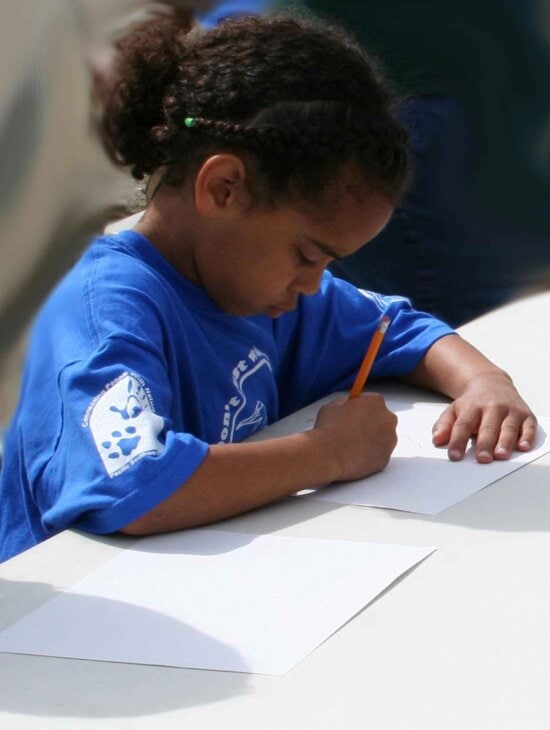 9 out of 5
9 out of 5
Expert response from the first minute
More than 15,000 proven experts with higher education work with us. You can choose a performer within 15 minutes after placing an order. Execution time - from 1 hour
Prices are 2-3 times lower
You work directly with experts, so prices are
lower than in agencies
Improvements and consultations - free of charge
Improvements and consultations within the assignment are free
and carried out as soon as possible
Money back guarantee
If the expert fails, we will refund 100% of the cost
In touch 7 days a week
and holidays
Lower prices –
the quality is higher!
Work with trusted experts
without intermediaries
1 minute
1 minute 1 minute
1 minute 1 minute
2 minutes ago
2 minutes ago
2 minutes ago
3 minutes ago
9000 3 minutes ago3 minutes ago
3 minutes ago
4 minutes ago
5 minutes ago
5 minutes ago
5 minutes ago
6 minutes ago
6 minutes ago
7 minutes ago
7003
Latest jobs posted
You work directly with experts,
without overpaying to intermediaries, therefore
our prices are 2-3 times lower
We will help you with a difficult task
Money Back Guarantee
Expert received money for the order, but did not complete the work?
Not with us!
Safe transaction
Money is kept on your balance during the work
on the task and the guarantee period
Money Back Guarantee
In the event something goes wrong, we guarantee
full money back
Place an order and get
quotes
experts
Choose a
expert based on price and reviews
Submit your work to check
to the teacher
Get a positive grade,
pay for the work and leave a review
to the expert
Are you worried about
improvements?
They are free
The best experts will work with you.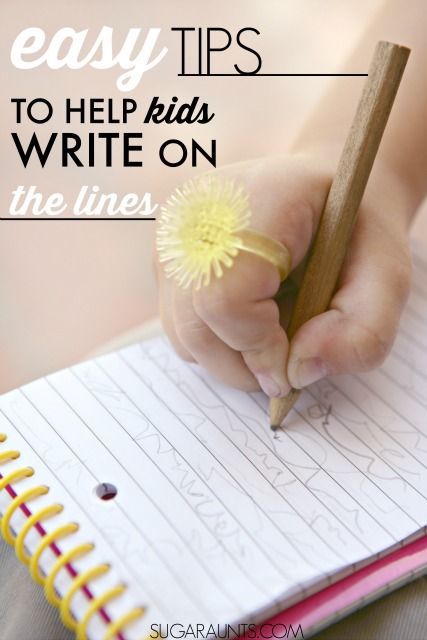
They know and understand that they will receive money
after your confirmation. Therefore, work
is completed
View all experts
fourExpert
5Expert
3Expert
3Expert
We take care of you
and your time
We have everything to make your life
more pleasant and carefree
Save time
Now you have time for friends, hobbies,
work and family
User-friendly interface
Modern design, created for the convenience of
site users
Well, shall we start?
Send a request and get a response with
offers for price and terms within an hour.
Type of work
Select the type of workTestingProblem solvingCourseworkAbstractOnline helpTest remotelyDiplomaLaboratoryDrawing Practice reportEssayAnswers to ticketsPresentationTranslation from int. languageReportArticleEssayMaster's thesisPhD dissertationBusiness planLiterature selectionCheat sheetInformation searchReviewOther
Get a quote
Student writing and defense tips
Student, did you pass everything? Help students write papers
online 24 hours a day!
We help students online 7 days a week, 24 hours a day! We can order any kind of work.
Sooner or later, each student has a session that eats up all their free time... And then you either spend the whole night preparing for it, or go to “I passed everything!”!
This is an online student help site. Do you need advice on a diploma or coursework? You leave an application, receiving a whole list of candidates who want to help. After comparing prices and reading reviews, you choose an expert and make an advance payment to order the execution. No intermediaries for the student! Got a question? – Ask it directly to the expert. The terms and stages of the order fulfillment are controlled by the site “I passed everything!”. Here you can get any help for students in writing papers. If necessary, you can count on urgency and the fastest possible execution. At the same time, the quality remains consistently high.
No intermediaries for the student! Got a question? – Ask it directly to the expert. The terms and stages of the order fulfillment are controlled by the site “I passed everything!”. Here you can get any help for students in writing papers. If necessary, you can count on urgency and the fastest possible execution. At the same time, the quality remains consistently high.
The service selects experts very strictly, guaranteeing the quality. It doesn't matter what you need - a test or help in solving problems online - the experts will complete it in a timely and conscientious manner.
Now the session doesn't seem so scary anymore. "I passed everything!" your personal assistant!
How to practice correct spelling with children
Vocabulary dictation, spelling, tests - these words give the students goosebumps. How can you help students remember all these words?
It's no secret that children love to play, and what they learn with pleasure remains in their memory for life.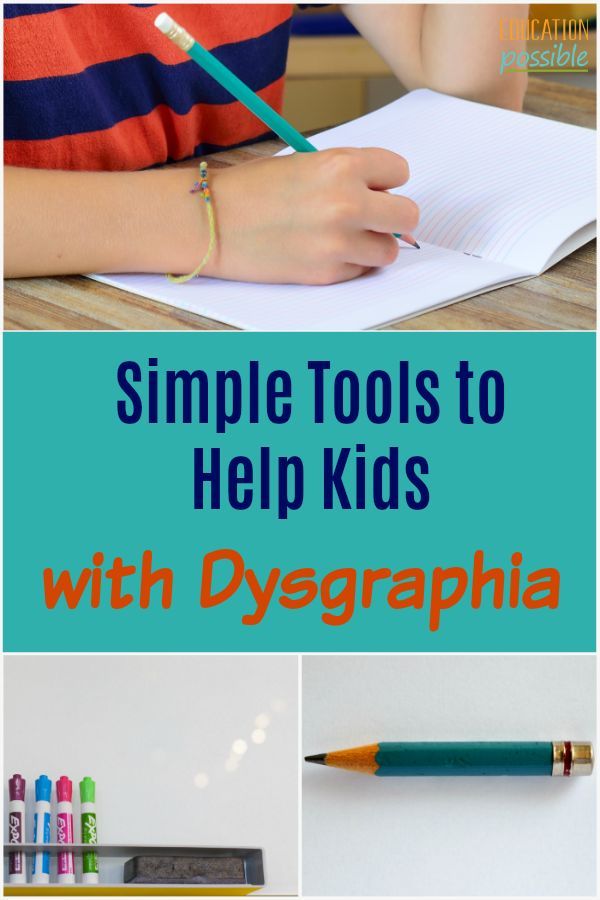 So where to start? The first, and most important, is to abandon the boring, monotonous rewriting of words. How then to teach? Fun, interesting and interactive!
So where to start? The first, and most important, is to abandon the boring, monotonous rewriting of words. How then to teach? Fun, interesting and interactive!
1. Adapt your favorite games. Tic-tac-toe and the gallows will impress any child. And the spirit of competition will only spur the desire to learn words. If the group is quite large, we divide the students into 2 parts. One thinks of a word, the other writes it. Managed - earned the right to put a cross. No. The move goes to the opponents. And then they definitely will not miss their chance!
2. If you have active students, then Running Dictation will help you. We prepare a list of words in advance, glue it in the farthest corner. The task of the students is to copy all the words correctly on the board. Whoever did it first, wins! If there are many students, we divide into teams and rejoice at success. Unlike regular rewriting - it's fun, it's productive, you have to memorize the word, and not just copy it.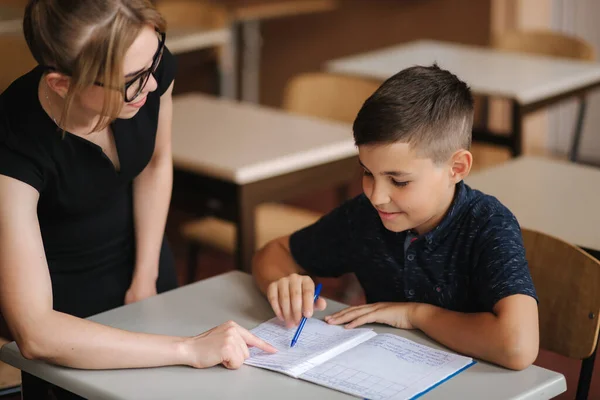 In general, some pluses.
In general, some pluses.
3. Have you ever heard of Whole Body Writing ? Not? Then we go to you! Modern techniques, especially for children, suggest using as many organs of perception as possible. The essence of this method is that you need to draw a letter with your body, and the rest of the students need to guess this letter. For convenience, we prepare cards in advance with the words passed, the student chooses one, and with the help of his body “writes” this word. A lot of fun and learned words with a guarantee.
4. Every child wants to be a teacher ! What does it mean? And this means that you need to give him a chance to become a teacher, even if only for 5 minutes. We prepare words with errors and ask the children to correct these errors. Simple but effective.
5. Well, if the soul requires a dictation, then spend it. Not just a dictation, but Silent Dictation …shhh…don’t make a sound! Show students a picture or object and ask them to write a word.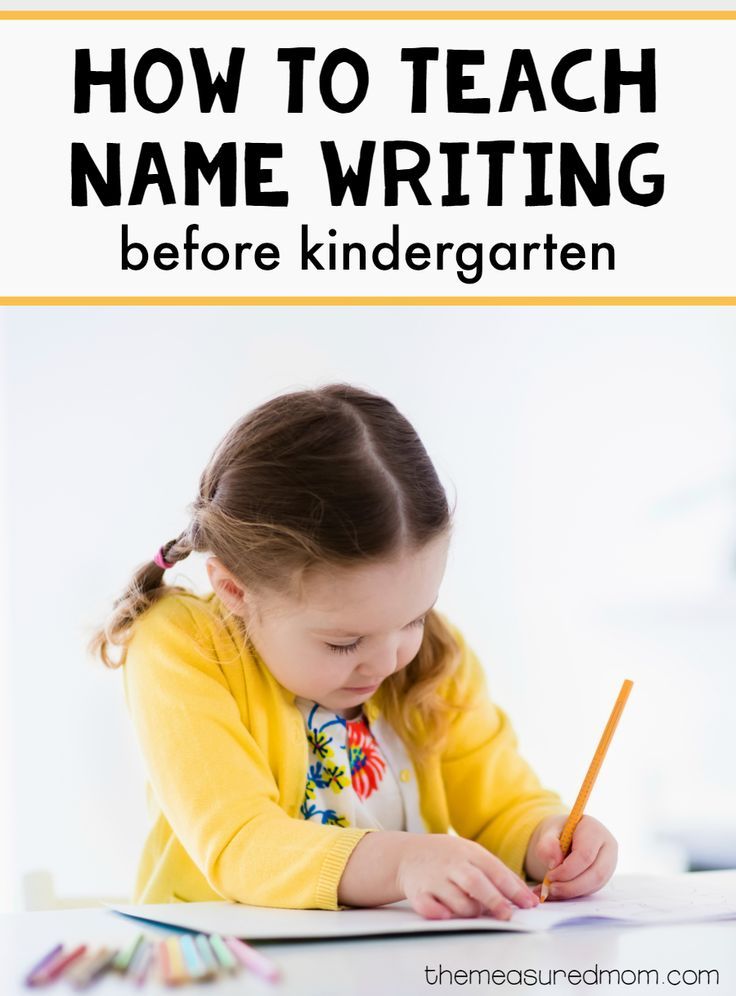 The same dictation can be made active, we hang pictures or lay out objects, the task is to sign all the objects. At the initial stage, you can allow peeping.
The same dictation can be made active, we hang pictures or lay out objects, the task is to sign all the objects. At the initial stage, you can allow peeping.
6. sorting helps to deal with complex letter combinations. For example, you need to work out the spelling of words with -ee and -ea, prepare a set of cards (a picture, plus words with a gap) and ask the children to insert the necessary letters. By the way, we will immediately solve at least 2 problems. Children will remember the spelling of words and will associate the word with a particular subject.
7. You must have heard that America is the only country in the world where a spelling contest is held. And we just have to hold the same competition with our students. Spelling Bee Challenge is a great opportunity to practice words and get to know the culture of the country! It can be done individually or in groups. In the allotted time, say 1 minute, you need to correctly spell as many words as possible.

